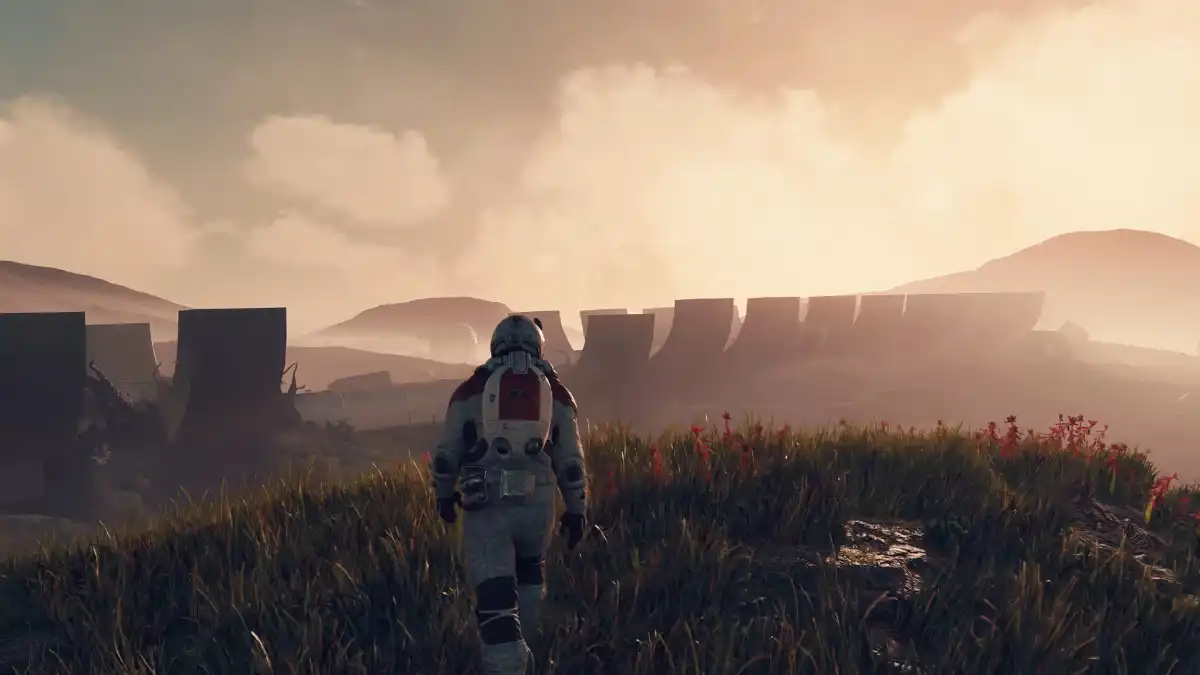What if the universe of a game wasn't static? If instead of being a mere observer, the player could influence the course of events in real-time? This is what the Reddit post suggests about the game Starfield. The user proposes a dynamic system where factions can rise and fall.
It’s a perspective that not only adds the layer of realism but also allows users to feel more deeply engaged in the game. The premise of this idea is that the overarching system would be so sophisticated that player actions could significantly affect the game's universe.
In terms of gameplay, this would mean forming alliances, combats, and other interactions would have a lasting impact, forever changing the galactic map. As time elapsed, empires could rise due to accumulated victories or crumble due to strategic losses.
These outcomes would change not only the territorial layout but also the political affiliations in the game. Diplomatic relationships, treaties, and economic ties would all be at the mercy of this dynamic system. It would significantly enhance user immersion and offer unique strategic elements to players.

A Closer Look at Time
Another intriguing aspect of this theory is the idea of introducing the concept of time into the game. This time factor would not be in the form of hours and minutes but rather in cycles or eras based on significant events taking place in the game's universe.
This concept could create a massive timeline where actions had lasting and profound effects. As a result, sporadic events could become significant turning points in the game's history.
Consider how majestic fallen empires could serve as stark reminders of time passing. Historical epochs would bring a sense of realism to the game, creating an ever-evolving universe that not only provided unique gameplay decisions but also shaped the narrative.
In addition, fluctuations in the economy, technology, and politics could influence the game's ongoing history, delivering a dynamic and immersive story to players.
System War Mechanics
The idea of deploying war mechanics on a galactic scale adds another layer of immersion to the game. Under this concept, powerful factions would be constantly vying for supremacy, shaping the game's landscape.
Any conflicts would not be isolated incidents but would have lasting impacts on the game, perhaps influencing future geopolitical relations. Therefore, wars could have far-reaching consequences, affecting alliances, economies, and technological development.
This could also mean that every user’s actions would have ripple effects across the entire universe. A player could trigger a war by interfering in a volatile region or put an end to a long-standing conflict through tactical diplomacy.
These constant shifts in the power dynamics would keep players engaged and continually on their toes, unsure of what unforeseen changes the next decision could bring.
Steering the Game's Fate
Besides being at the mercy of this evolving universe, players could have significant influence over the course of events. Through diplomacy, war, or alliance formation, a player's decisions could reshape the game's universe.
This mechanic also brings in the concept of cause and effect, adding depth and complexity to gameplay. The consequences of every action, while unpredictable, could dramatically alter power alliances, economics, and politico-territorial equations.
Especially when coupled with the concept of time, this could translate to creating personal histories in context with the game’s universe. In turn, this provides players with a unique narrative and an unforgettable gaming experience.
In essence, a player's actions would not only affect their own journey but also have impacts rippling through the universe's history.
The Influence of Victories and Failures
Under this system, the potential effects of victories or failures could drastically affect gameplay. As players compete for supremacy, their victories and losses could shape the entire universe.
For example, victories in war could give rise to new empires, reshape alliances, or influence a faction's political and economic status. Conversely, losses could weaken empires, forcing them into subjugation or triggering their downfall.
Moreover, devastating wars or major victories could mark the transition from one era to another. This would not only impact the game's political and economic dynamics but would also contribute to its history, adding another layer of depth to the story.
With such mechanics, players would not only be living through a story but would also be writing it.
Engaging with an Unpredictable Universe
A dynamic universe gives players an immersive, ever-evolving gameplay environment. Everything in the universe, from the galactic map to the geopolitical equations, could change based on the actions of the players.
Given the system’s complexity, users would need to make strategic decisions to thrive. This brings an added element of suspense and challenge to the gameplay, particularly as every move could trigger unintended and far-reaching consequences.
Whether it’s forming alliances, triggering wars, or influencing trade, each decision made by a player holds potential to change the world around them. In such a universe, challenges and opportunities would constantly evolve, offering an unpredictable but immersive gameplay experience.
Too sum it up, this system expands the scope of the game beyond straightforward combat and brings in complex elements of decision making and strategy. It allows players to not just play but to also influence the broader game universe.